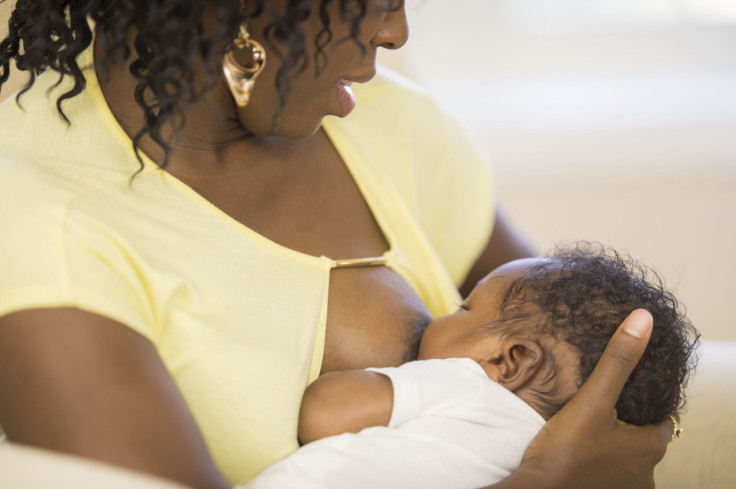Only 1% of UK mothers breastfeed exclusively for six months
The UK has one of the lowest rates of breastfeeding in the world.

The UK has one of the lowest rates of breastfeeding in the world due to mixed social attitudes towards the practice, experts warned.
Just 1% of new mothers in Britain exclusively breastfeed their babies for six months, as the World Health Organization (WHO) recommends.
This is despite the fact that established medical evidence shows it protects babies from infection and improves their mental and physical development.
New British mothers begin with high breastfeeding rates, with nearly three-quarters feeding their own milk to their newborns.
But within two months less than half are still doing it. By six months, only 34% of UK babies are receiving any breast milk, compared with 49% in the United States and 71% in Norway.
The Royal College of Paediatrics and Child Health (RCPCH) has issued a series of recommendations aimed at reversing the low rate of breastfeeding in the UK.
In their proposals, the RCPCH calls for schools to include breastfeeding as part of compulsory personal, social and health education lessons, as taught at secondary schools to pupils from the age of 11.
They have also urged the government to bring in laws to ensure employers support breastfeeding through parental leave, feeding breaks and facilities for feeding or expressing milk.
RCPCH president Professor Neena Modi said: "Regrettably the attitudes of a large part of society mean breastfeeding is not always encouraged; local support is patchy, advice is not always consistent and often overly dogmatic, support in the workplace not always conducive to continued breastfeeding and perhaps most worryingly breastfeeding in public is still often stigmatised.
"It is no wonder that for many mothers, there are too many barriers."
Breastfeeding economic benefits
These recommendations come as Unicef and WHO publish a new report warning that thousands of babies are dying across the world and economies losing billions of dollars for want of breastfeeding.
No country in the world meets the standards promoted by the WHO. Worldwide, only 40% of babies are breastfed exclusively for six months. Only 23 countries out of 194 have achieved six months' exclusive breastfeeding for at least 60% of babies.
The report also spells out the human and economic cost to countries that fail to support breastfeeding.
In five of the world's largest emerging economies – China, India, Indonesia, Mexico and Nigeria – the lack of investment in breastfeeding results in an estimated 236,000 child deaths per year and $119bn (£90.3bn) in economic losses, it says.
Three-quarters of 1,030 mothers asked by UK-based website Mumsnet said they believed there was "too much emphasis on telling women why they should breastfeed, and not enough on supporting them to breastfeed".
© Copyright IBTimes 2025. All rights reserved.




















